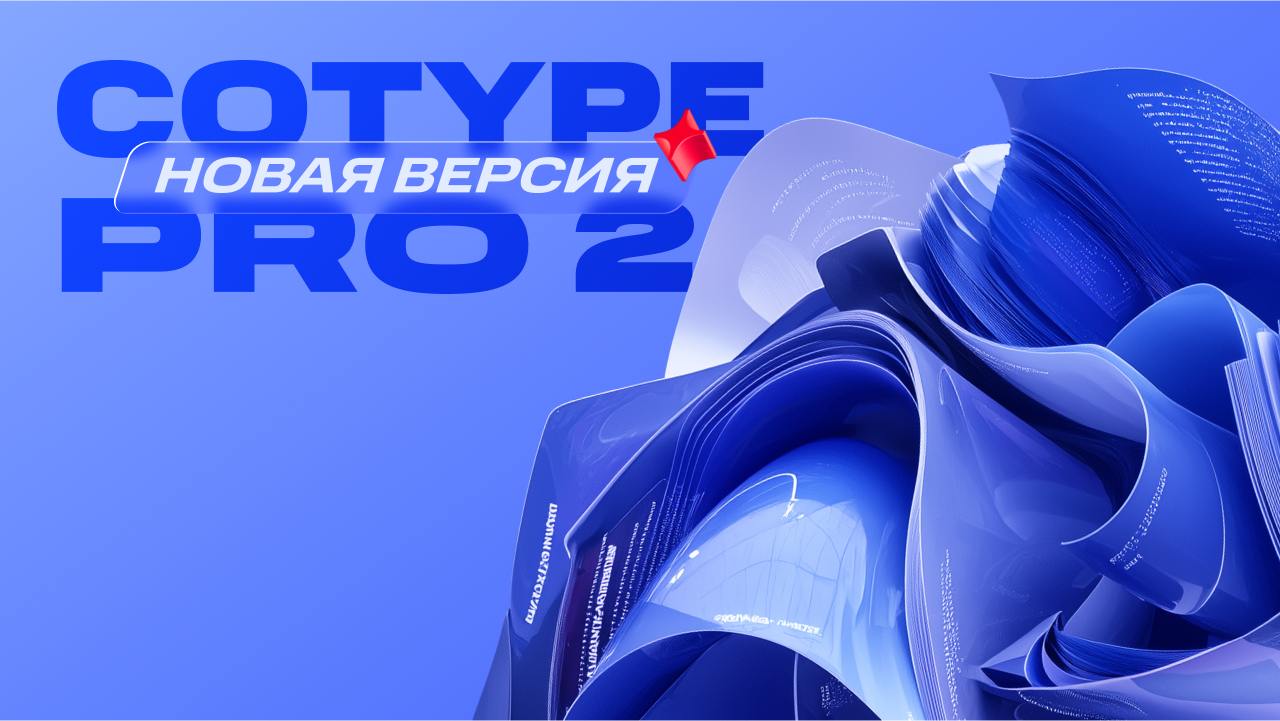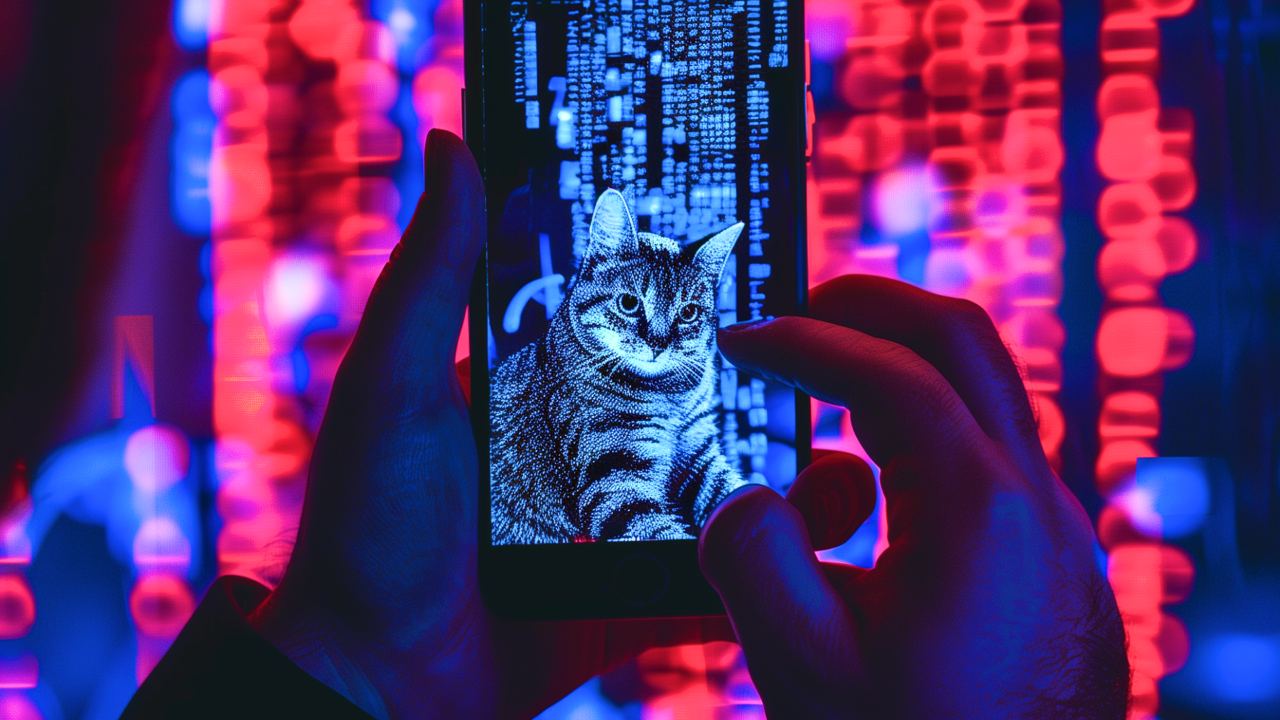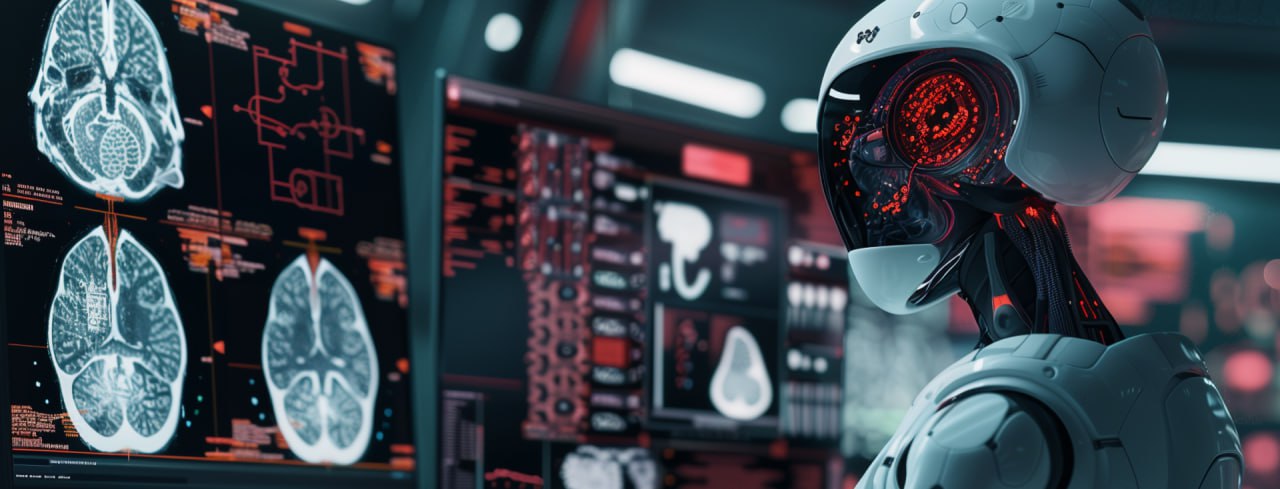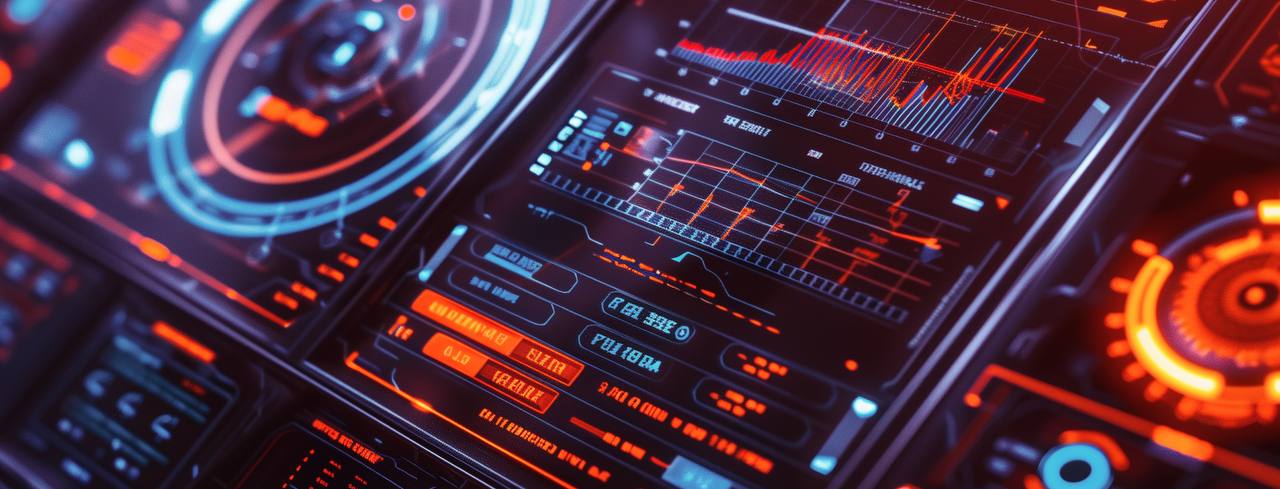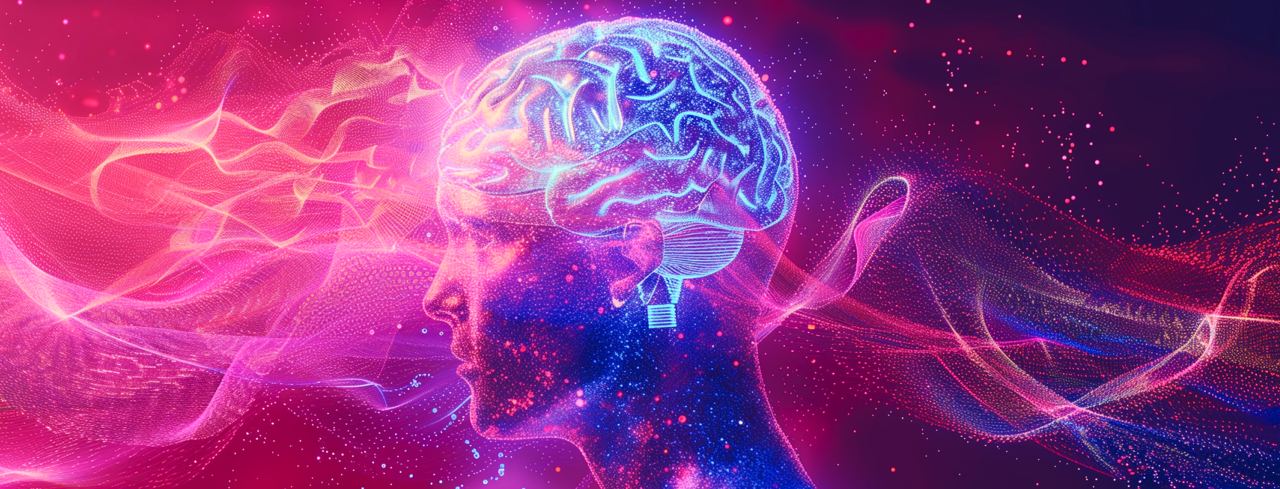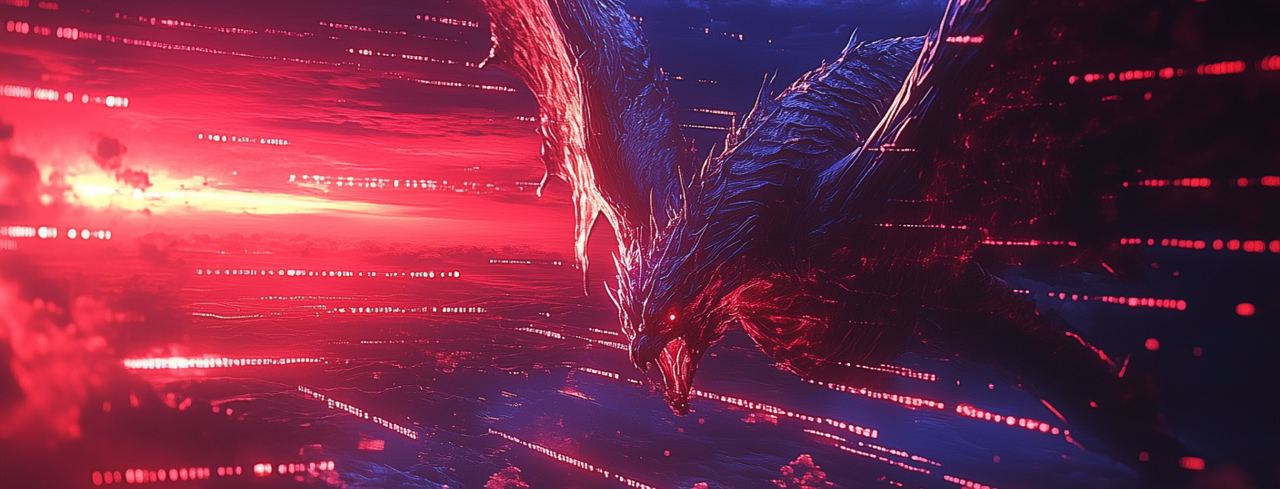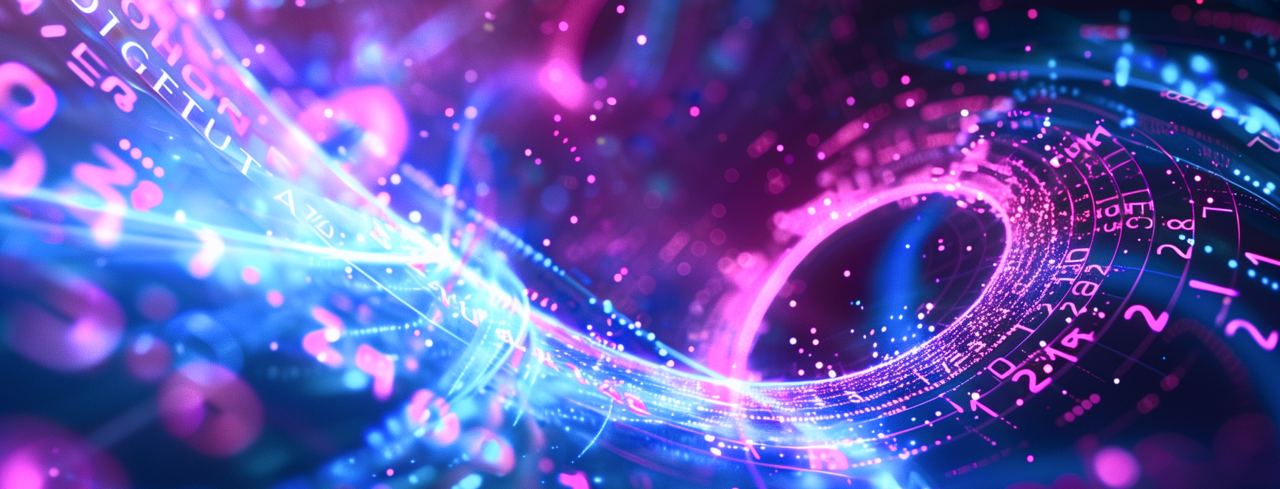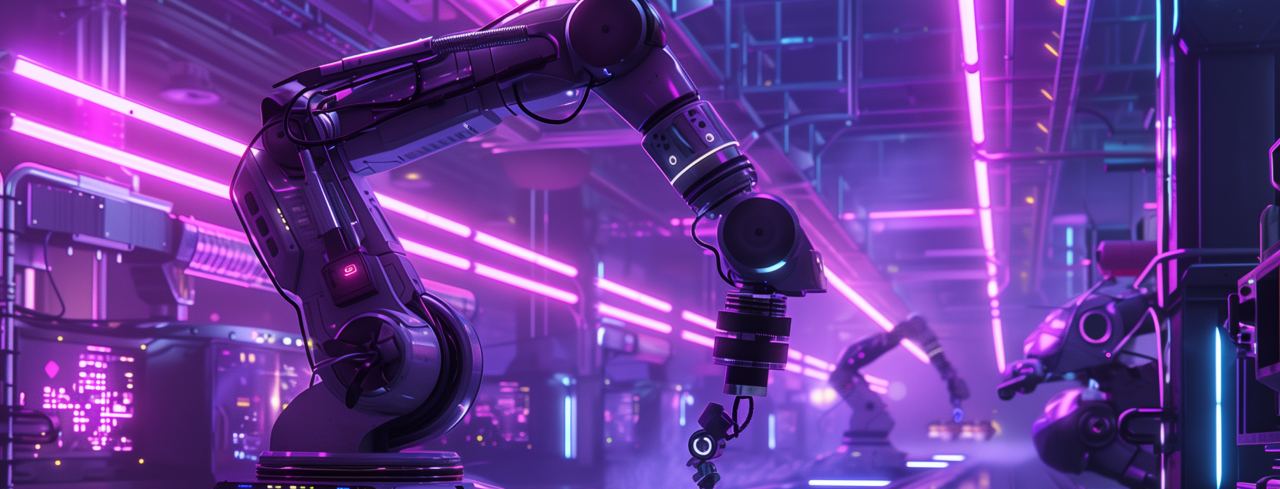This time, the #InfocusAI digest will dwell on the main aspects of the law on artificial intelligence in the European Union, the disappointing result of the ChatGPT’s test on programming questions, upcoming AI services from Apple, and the features of the recently released Kandinsky Video 1.1 generative neural network. And also, on a new lens-free artificial vision system for robots developed by the Hong Kong scientists.
AI-focused digest – News from the AI world
Issue 42, May 16-30, 2024
The European Union has given the green light to the world’s first AI law
The European Union has finally and irrevocably approved the world’s first fundamental law governing the field of artificial intelligence. It is a multi-page document, but here are the most important things that CNBC highlights:
- Autonomous cars, medical devices, as well as a number of financial and educational services with artificial intelligence are classified as high-risk systems. They will be checked in terms of their impact on people’s health and safety.
- “Social scoring” applications that rank citizens based on their data are prohibited. In Europe, it will be also forbidden to recognise emotions in schools and workplaces using AI, and the police will not be allowed to use predictive modelling in their activities.
- Generative AI developers have obligations to comply with the EU copyright regulations, disclose information regarding model training methods, and protect their LLMs.
- Violations will result in fines of up to EUR 35 mln or 7% of the annual global revenues.
It is noted that this law applies almost to everyone involved in the development, promotion, sale, and use of AI services in the EU. The creators of general-purpose AI systems are granted a one-year term from the effective date of the law to bring their activities and products in line with the new requirements. For such technology giants as OpenAI, Google, and Microsoft, the transition period has been extended up to three years.
Half of ChatGPT’s responses to Stack Overflow questions are erroneous
ChatGPT is not the best programming assistant yet. This conclusion can be drawn from a recent study by Purdue University (USA). The scientists asked ChatGPT more than 500 programming questions from the Stack Overflow Q&A service for developers and conducted an in-depth analysis of the chatbot’s responses. Results: 52% of ChatGPT´s responses contain incorrect information, and 77% are more verbose than human responses. It is possible that the OpenAI partnership with Stack Overflow announced at the beginning of the month will fix this. However, companies need to first deal with the community of the Stack Overflow users who are unhappy that the results of their work are being used to teach ChatGPT.
Scientists from Hong Kong have come up with a new artificial vision system for robots
The scientists from the Hong Kong University of Science and Technology (HKUST), inspired by the structure of insect eyes, have developed a unique lens-free artificial vision system for robots. It combines a 3D-printed honeycomb optical structure with a convex hemispherical image sensor containing an array of high-density perovskite nanowires. These are thin (several nanometers in diameter) wires made of a very rare mineral with unique optical and electronic properties — perovskite — assembled into bundles like “nano-spaghetti”. This innovation is characterised by an ultra-wide field of vision and outstanding accuracy of positioning the viewing target and tracking its movement. To learn more, read this article of Science Robotics.
Sber has opened free access to Kandinsky Video 1.1
Sber has released a free beta version of its new Kandinsky Video 1.1 neural network, with which you can create videos based on a text description and animate static images. According to CNews, the service is able to generate a video sequence with a duration of 6 seconds and a frequency of 8 and 32 frames per second in 16:9, 9:16, or 1:1 formats. The new version of Kandinsky Video also provides control of the dynamics of the generated video using a special parameter — motion score. You can test the abilities of the neural network on fusionbrain.ai and in the official Kandinsky telegram bot.
Apple develops AI services for real-time audio transcription and summarisation
Here is good news for users of gadgets with an apple on the case. AppleInsider reports that this year the Apple devices will feature real-time audio transcription and summarisation. Apple developers are already working on appropriate AI tools for the next generations of their operating systems. These functions are currently being tested, but in the near future they will be gradually released as add-ons to new versions of several applications as part of iOS 18, as well as macOS 15 and iPadOS 18. The Voice Memos application will be one of the first to receive such an upgrade — to the delight of the copywriter who prepared this digest 🙂


